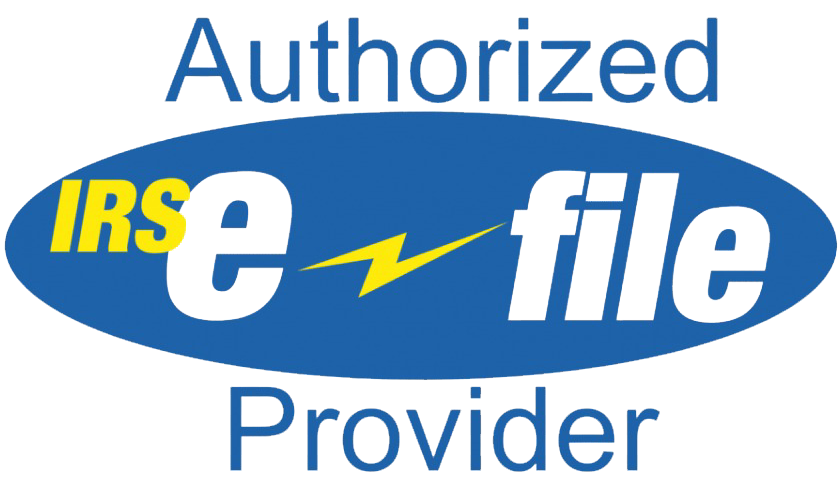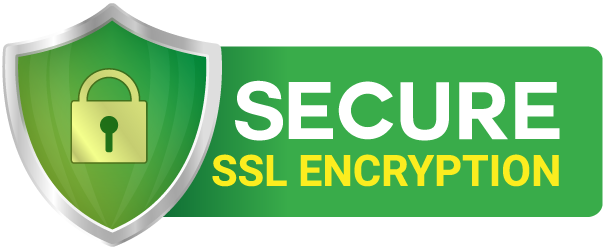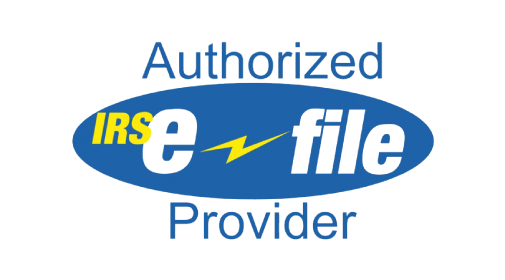Connecticut Estate EIN / Federal Tax ID Filing.
Fully Compliant & Same Day Filing
Trusted by Business Owners
Apply for your Estate EIN number in Connecticut quickly and securely with eBusinessDocs. As an IRS authorized e-file provider, eBusinessDocs offers trusted, professional, and accurate online filing services. Get your EIN issued in just five minutes—ideal for banking, payroll, and starting your business right with fast, dependable service.




How it Works in 3 Easy Steps
At eBusinessDocs, we make your filing process fast, simple, and accurate. As an IRS-authorized e-file provider, we gather your information through a few easy questions, complete all necessary paperwork, obtain your approval, and file promptly. Most filings, including obtaining your EIN, can be completed within the same business day.

Why Does My Estate Need an Employer Identification Number?
A Federal Employer Identification Number (EIN), also known as a federal tax ID, is issued by the IRS to identify a business entity for federal tax purposes. It is essential for opening business bank accounts, filing tax returns, hiring employees, and other key operations. eBusinessDocs, an IRS-authorized e-file provider, offers fast, accurate, and dependable EIN filing services.
Introduction
When an individual passes away, their estate often continues to generate income or requires specific financial activities that must be reported to the Internal Revenue Service (IRS). In Connecticut, obtaining an Employer Identification Number (EIN) for an estate is a crucial step in managing these responsibilities effectively. The EIN, also known as a Federal Tax Identification Number, allows the estate to engage in financial transactions, file returns, and comply with federal tax laws. Understanding the reasons an estate needs an EIN can help executors and administrators manage the process smoothly and in accordance with IRS requirements.
Reasons an Estate Needs an EIN in Connecticut
First, an estate requires an EIN to open a bank or investment account in its own name. Since the deceased person’s Social Security Number cannot legally be used for estate transactions, the EIN serves as the estate’s unique identifier for all financial matters. Additionally, if the estate earns income after the individual’s death — such as interest, dividends, or rental income — the executor must report and pay taxes using the estate’s EIN. Furthermore, an EIN is necessary when filing federal Form 1041, U.S. Income Tax Return for Estates and Trusts. It is also essential for estates that have employees, such as household staff or contractors, as payroll reporting and withholding require a valid EIN. Finally, obtaining an EIN helps clearly distinguish the estate’s legal and tax obligations from those of the deceased or the beneficiaries.
Conclusion
In summary, acquiring an EIN is a vital step for properly administering an estate in Connecticut. It ensures compliance with legal and tax regulations, facilitates accurate financial management, and safeguards the estate’s distinct identity in the eyes of the IRS. Executors who wish to handle this process efficiently can use a trusted and IRS-authorized e-file provider such as eBusinessDocs, which offers fast, accurate, and dependable filing services to streamline the application process.
Our Reviews
Fast, easy & simple
Using eBusinessDocs was fast, easy & simple compared to filing on my own. I wasn’t sure what form to use, what I needed to fill but this made it so much easier. Plus they review the document and make sure everything is filled out. I got my EIN the next morning!
– Ashley M., S-Corporation
Highly Recommend
I wasn’t sure how to file for my EIN for my C-Corp. I wasn’t sure if I was filling out the form correctly and completely. eBusinessDocs really made it easy for me and I love that they prepare the form and review before submitting it to the IRS. I’m so happy I got my EIN with eBusinessDocs. I highly recommend them and their expedited EIN service.
– Fred R., C-Corporation




